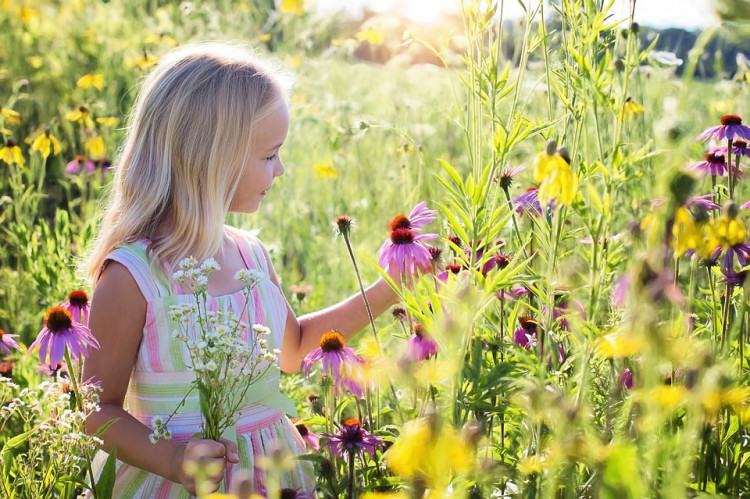With the modernity and busyness of the world today, people find it hard to get reconnected with nature. Even children don't often have the chance to connect with the environment. But did you know having a connection with the natural world has benefits, especially for kids?
In a study reported by the South China Morning Post, it found out young children living in "highly urbanized Hong Kong" are often depressed and stressed. Sixteen percent of preschoolers living in the city, on the other hand, already show signs of mental health problems. In China, the figure is higher with 22 percent.
United Nations claimed the "future looks bleak" because of the global urbanization. Sixty-six percent of the world's population may be living in the cities by 2050.
If this happens, the World Health Organization (WHO) suggests children should still have the chance to play and do physical activities in green spaces. The area should be within 300 meters away from the child's home.
University of Hong Kong (HKU) revealed 90 percent of the country's population is 400 meters away from green spaces, but they are not visiting the place. "We noticed that parents are avoiding nature," Dr Tanja Sobko from the university's School of Biological Sciences said.
Parents believe being in nature is "dirty and dangerous," so their children adopt this attitude as well. The green spaces, alternatively, feel unwelcoming for bearing the signs like "Keep off the grass."
Professor Gavin Brown, from the University of Auckland in New Zealand, and Sobko collaborated to do a test to know how connected pre-schoolers to nature. In a survey, they found out parents who have kids that are much closer to the environment have "less distress and hyperactivity." They also have fewer behavioral and emotional issues and have better pro-social behavior.
Also, children who feel they have a greater responsibility towards nature have fewer problems with their peers. These results give new insights into the connection between preschool children's wellbeing and nature.
In another study published in the "British Journal of Educational Psychology," via The Week, it revealed children living in a greener environment have "better working memory." The finding is said to be "substantively important" as it proves exposure to green space may have "specific cognitive" benefits for kids.
Green space's positive cognitive impact is similar for kids in "deprived and non-deprived neighborhoods." It only means that even underprivileged children benefit from having exposure to the natural world.
These findings of green space's benefits for children can help both education and urban planning. "A strong case could be made for outdoor learning and for easy access to urban green space," the research leader Eirini Flouri, a psychologist from the University College London, said.






